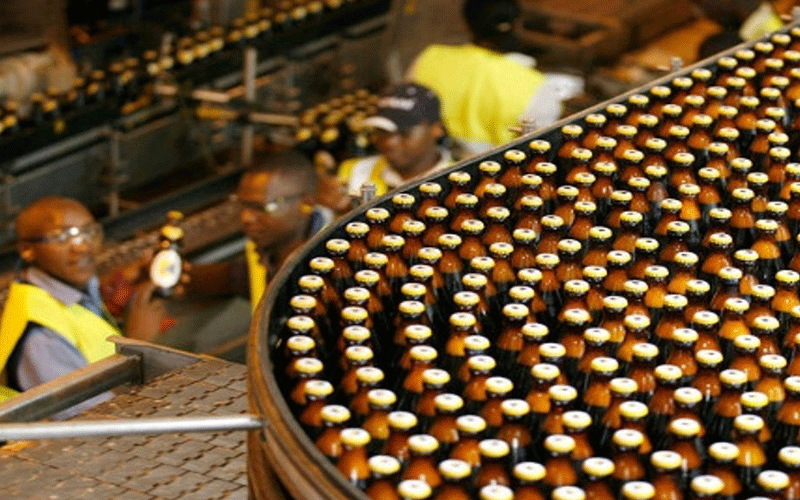Kenya eyes new EAC tax drive to grow industries
By Steven Umidha, July 13, 2020Steve Umidha @UmidhaSteve
Kenya could ramp up its growth plan for the year after East African Community (EAC) member-States sanctioned new taxation measures aimed at protecting local industries from unfair competition.
The economy has been on a strict diet of austerity measures that curbed spending and lowered taxes in the wake of the coronavirus pandemic.
Gloom has brought with it pay cuts and job losses and as a result local industries have been hit hard.
But the new move by the bloc seeks to offer a lasting redemption package to the struggling industries after new import tax changes on the bloc’s Common External Tariff (CET) were announced last week and will take effect on July 1 following a ratification agreement signed during the pre-budget consultations by member State’s representatives.
Ministers from EAC held Pre-Budget Consultations prior to reading of their national budgets as a way of harmonising fiscal measures in the region.
New import duty measures include Duty Remission for Industrial Inputs, Stays of Application, and Amendments of the East African Community Customs Management Act, 2004, which will allow local manufacturers to import raw materials and inputs at a lower rate – while at the same time driving consumption of locally produced goods.
“The decision by EAC Partner States to stay application of the EAC CET rate and apply a higher duty rate are aimed at stimulating local production by safeguarding manufacturing of that particular product against similar cheap imports,” reads a statement signed by Peter Mathuki, Chief executive of East African Business Council (EABC).
Some of the products include textile in form of garments and textile product such as leather and leather products; edible oil; tiles, processed tea, coffee and cocoa; meat and meat products; and steel articles, iron and metal products.
Proponents of the proposed measures are in line with the EAC Industrialisation Plan that seeks to transform the region into a globally competitive and sustainable industrial sector capable of improving livelihoods of the region’s citizens.
Critical instrument
The EAC CET is considered a critical instrument of EAC Customs Protocol as it reflects the trade relations between EAC Partner States and the Rest of the World with regards to the import duties charged on imported products into the Community.
Implementation of the EAC CET commenced in 2005 after the EAC Customs Union Protocol came into force.
The announcement comes at a time Kenya is also discussing a free trade deal with US, after President Uhuru Kenyatta and US counterpart Donald Trump agreed in February to start formal talks on a bilateral trade pact that might help offset concerns about China’s expanding investment imprint on the continent.
Kenya wants to do a deal with Washington before the expiry of the Africa Growth and Opportunity Act (Agoa), which allows sub-Saharan African States to export thousands of products to the US without tariffs or quotas until 2025.
The two countries formally launched negotiations last week on a bilateral trade deal, which they hope could be replicated across Africa.
More Articles

